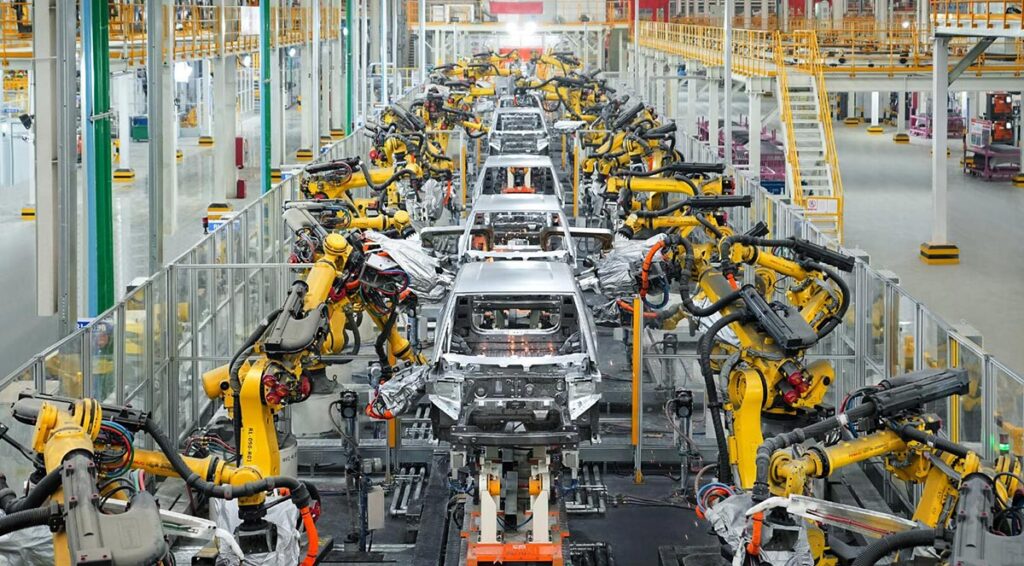BYD will build an NEV production facility in the Hungarian city of Szeged, which will be constructed in phases and is expected to create thousands of local jobs.

(Image credit: BYD)
BYD (OTCMKTS: BYDDF) confirmed that it will build a new energy vehicle (NEV) plant in Hungary after the plan was reported in the media overnight.
BYD announced on December 22 that it will build a passenger NEV production site in the Hungarian city of Szeged, which will be constructed in phases and is expected to create thousands of local jobs, according to a statement.
BYD plans to use advanced process equipment and highly automated production processes to build a leading global manufacturing base for NEVs, it said.
The construction of the production base will actively drive the development of the local economy, promote technological exchanges and innovation between China and Hungary, and help build a green ecosystem there, BYD said.
Hungary is located in the heart of the European continent and is an important transportation hub in Europe, BYD’s statement noted.
Hungary has a long history of automotive industry development, with a well-developed infrastructure and a mature automotive industry base, providing a good opportunity for BYD to build a plant there, the Chinese NEV maker said.
BYD hopes to accelerate the pace of new energy passenger cars into the European market, further deepen its globalization layout, and promote the green transformation of the global energy structure, it said.
BYD plans to produce electric vehicles (EVs) and batteries at a new factory in Szeged, the Financial Times said in an overnight report.
BYD already has a bus factory in Hungary, but the company wants to build a full-fledged car plant to fulfill its ambition to dominate Europe’s EV industry by the end of this decade, the report said.
The BYD plant would be the first large-scale car factory in Europe by a new Chinese brand, the report noted, adding that while companies including Nio (NYSE: NIO) and Great Wall Motors are targeting the region and are expected to build factories in time, none has yet laid out plans to localize manufacturing.
BYD’s European chief executive Michael Shu said earlier this year that BYD wants to become Europe’s largest seller of EVs if possible and wants to account for a tenth of the region’s EV sales by 2030, according to the Financial Times report overnight.
BYD sold 301,903 NEVs in November, including 30,629 sold overseas. This is a record high for BYD’s overseas sales, up 0.35 percent from 30,521 units sold in October and up 148.65 percent from 12,318 units sold in the same period last year.

In January-November, BYD sold 206,670 NEVs overseas, according to data monitored by CnEVPost.
BYD is expanding overseas, starting construction of a passenger car plant in Thailand in March and a plant in Uzbekistan in May. In July, the company said it would set up a large manufacturing base complex of three plants in Brazil.

